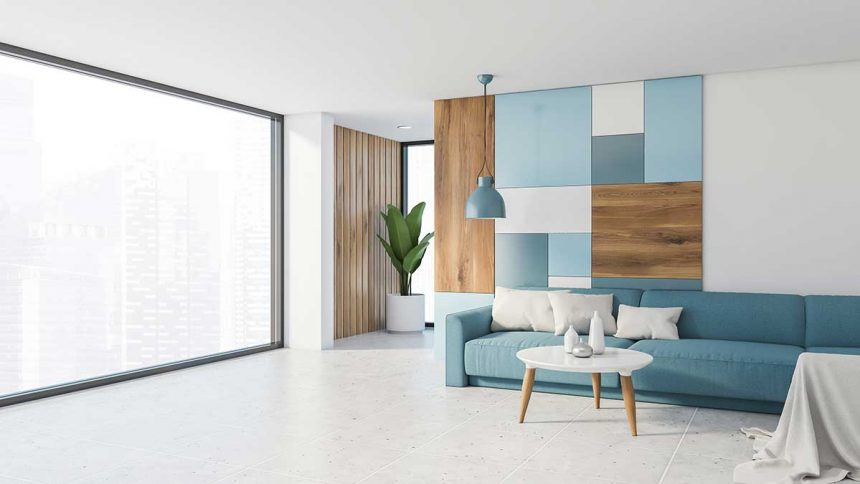
Recently, the term “minimalism” has been gaining popularity, especially in eco-friendly circles. More and more people are embracing minimalist lifestyles, bringing the concept to the forefront of our awareness. But what exactly is minimalism? It’s a bit challenging to define precisely.
Minimalism is a personal journey, unique to each individual. However, one common thread is that living minimally is more environmentally friendly compared to mainstream consumerism. Let’s delve deeper into this philosophy.
Understanding Minimalism
Minimalists come from diverse backgrounds, ranging from city dwellers to rural residents. Their common ground is a rejection of the “more is more” mentality, opting instead for a simpler way of life. Minimalism is about identifying what truly matters and eliminating the excess. It’s a deliberate approach that leads to positive changes in various aspects of life, promoting intentional living.
Challenging Consumerism
Minimalism counters society’s emphasis on material possessions and the belief that wealth equals happiness. By prioritizing experiences and relationships over belongings, minimalism allows us to embrace a fulfilling life unburdened by consumerist pressures. It encourages us to value meaningful connections more than material abundance.
While minimalism involves decluttering and simplifying, its focus is on enhancing the quality of life by eliminating distractions and emphasizing what truly adds value. This shift towards intentional living offers more time, space, peace, and freedom.
Minimalism and Sustainability
The principles of minimalism align closely with eco-friendly living. By consciously choosing to purchase only what is necessary, minimalists naturally reduce consumption. This mindful approach minimizes waste and conserves resources, fostering a more sustainable lifestyle. Minimalism encourages long-term use of durable goods, discouraging unnecessary purchases that contribute to environmental degradation.
Furthermore, minimalism promotes awareness of waste generation and simplifies recycling and composting processes. By consuming less, minimalists reduce their environmental footprint and contribute to a healthier planet.
Embracing What Matters
Minimalism extends beyond material possessions to encompass all aspects of life, including time, relationships, and personal choices. By prioritizing what truly brings value and eliminating distractions, minimalists focus on living authentically and intentionally.
As a flexible concept, minimalism allows individuals to tailor it to their preferences and lifestyle. It evolves over time, reflecting changing values and priorities. The essence of minimalism lies in prioritizing meaningful experiences, nurturing relationships, and pursuing a fulfilling life.
Embracing minimalism is not about deprivation but about enriching your life with what truly matters. It’s a journey towards simplicity, mindfulness, and sustainable living. To explore more about minimalist living, check out some inspiring minimalist blogs.
Editor’s note: This article was originally published on October 16, 2017, and updated in September 2024.






